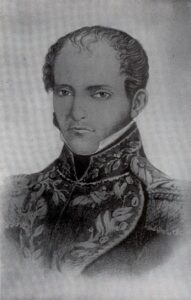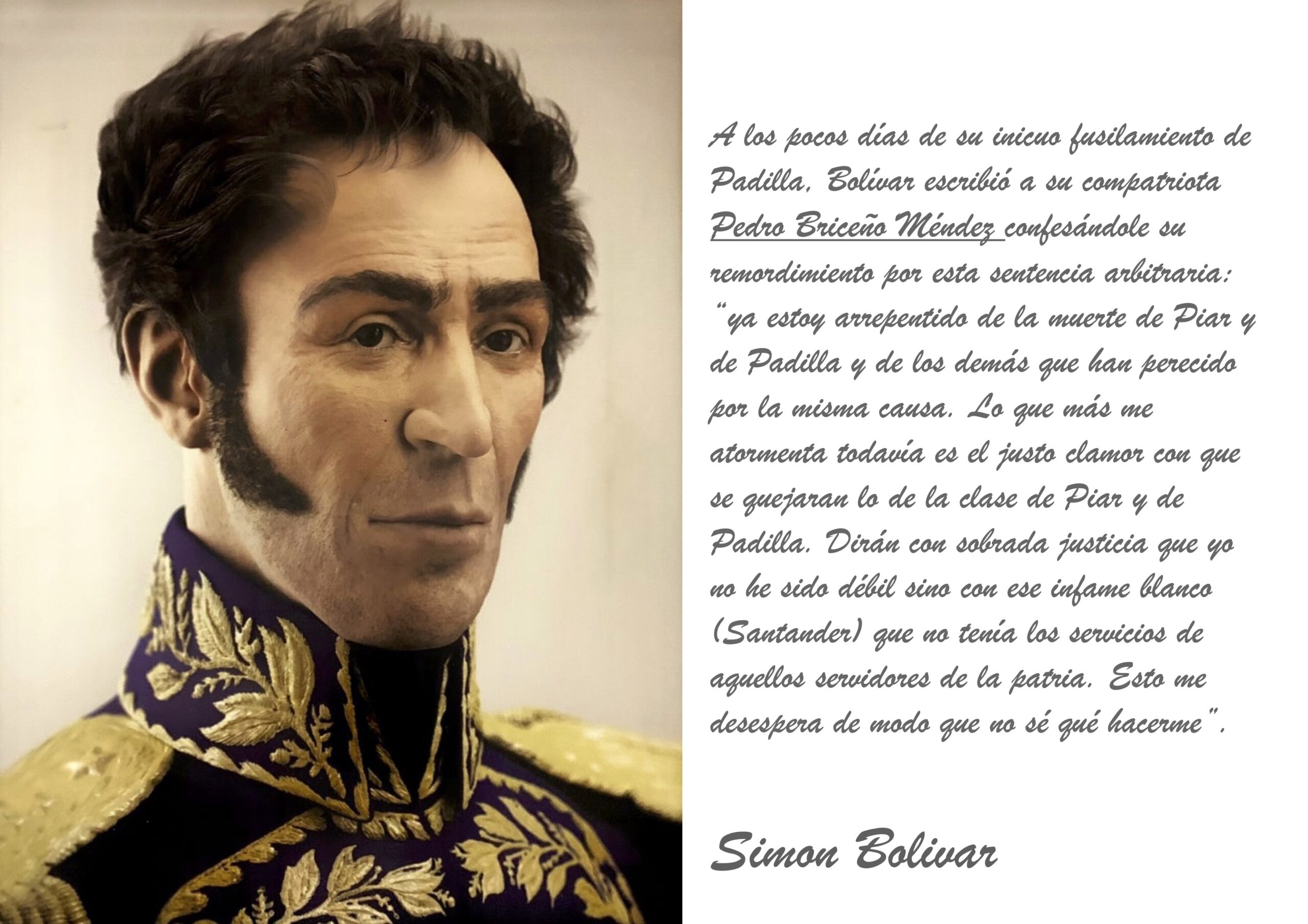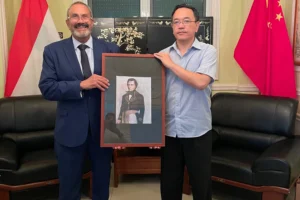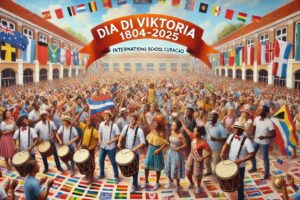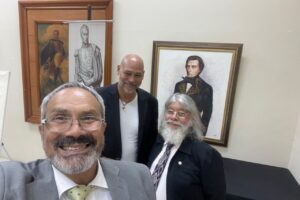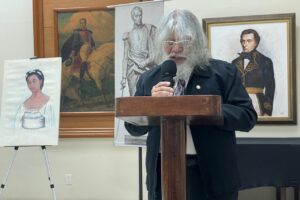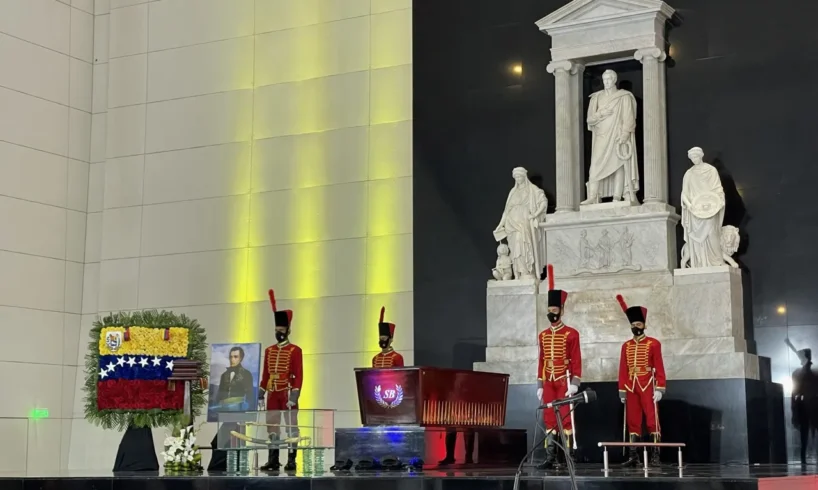
Confession to General Pedro Briceño Méndez:
On November 16, 1828, Simón Bolívar wrote a letter to General Pedro Briceño Méndez in which he expressed his regret over the executions of Manuel Piar and José Prudencio Padilla. In this document, Bolívar confessed that he was tormented by the “just clamor” that the social sectors to which these leaders belonged might raise. He acknowledged that he could be accused of being too lenient with certain individuals, such as Francisco de Paula Santander, while independence heroes like Piar and Padilla were condemned to death.
Bolívar mentions that, although he could not ignore the ruling of the council regarding a public enemy—whose punishment would have been considered cruel revenge—he deeply regrets the deaths of Piar, Padilla, and others who perished for similar reasons. He acknowledges that from now on, there will be no justice to punish even the most atrocious murderer, as Santander’s life has become a symbol of the most scandalous impunities.
What torments him the most is the just outcry of those from the same class as Piar and Padilla, who will say, with good reason, that he was only weak in favor of an “infamous white man” who did not have the distinguished services of those true servants of the homeland. This situation drives him to despair, to the point that he does not know what to do with himself.
This letter reflects Bolívar’s profound self-criticism and his awareness of the racial and social tensions within the emerging republic. His regret over the executions of mixed-race and Afro-descendant leaders like Piar and Padilla highlights the complexities and contradictions in his efforts to build an inclusive and equitable nation.
For more details, the original document can be consulted in the Archivo del Libertador:
(archivodellibertador.gob.ve)
The letter is a key testimony to the political and social dilemmas Bolívar faced during independence. Beyond a mere expression of guilt, his confession to Briceño Méndez reveals the contradiction between his desire for unity and the social divisions that marked his political project.
Who Was Pedro Briceño Méndez?
Pedro Briceño Méndez was a prominent Venezuelan military officer who played a fundamental role in South America’s independence. He served as Bolívar’s secretary and was involved in various strategic missions. His closeness to the Liberator made him a confidant at key moments, as demonstrated by this letter in which Bolívar entrusts him with his torment over Piar and Padilla’s execution.
Briceño Méndez is remembered as a loyal and disciplined soldier whose commitment to the patriotic cause led him to hold important administrative positions within the republican government. His role as the recipient of Bolívar’s confession places him in a key position to understand the Liberator’s thoughts in his later years.
The Confession and the Idea of Pardocracy
One of the most important aspects of this letter is how it relates to Bolívar’s vision of “pardocracy.” Bolívar feared that after independence, racial and social tensions would lead to uncontrolled class struggles. Despite his discourse of equality, in practice, his policies were ambiguous regarding the integration of Afro-descendants and mestizos into the new republican order.
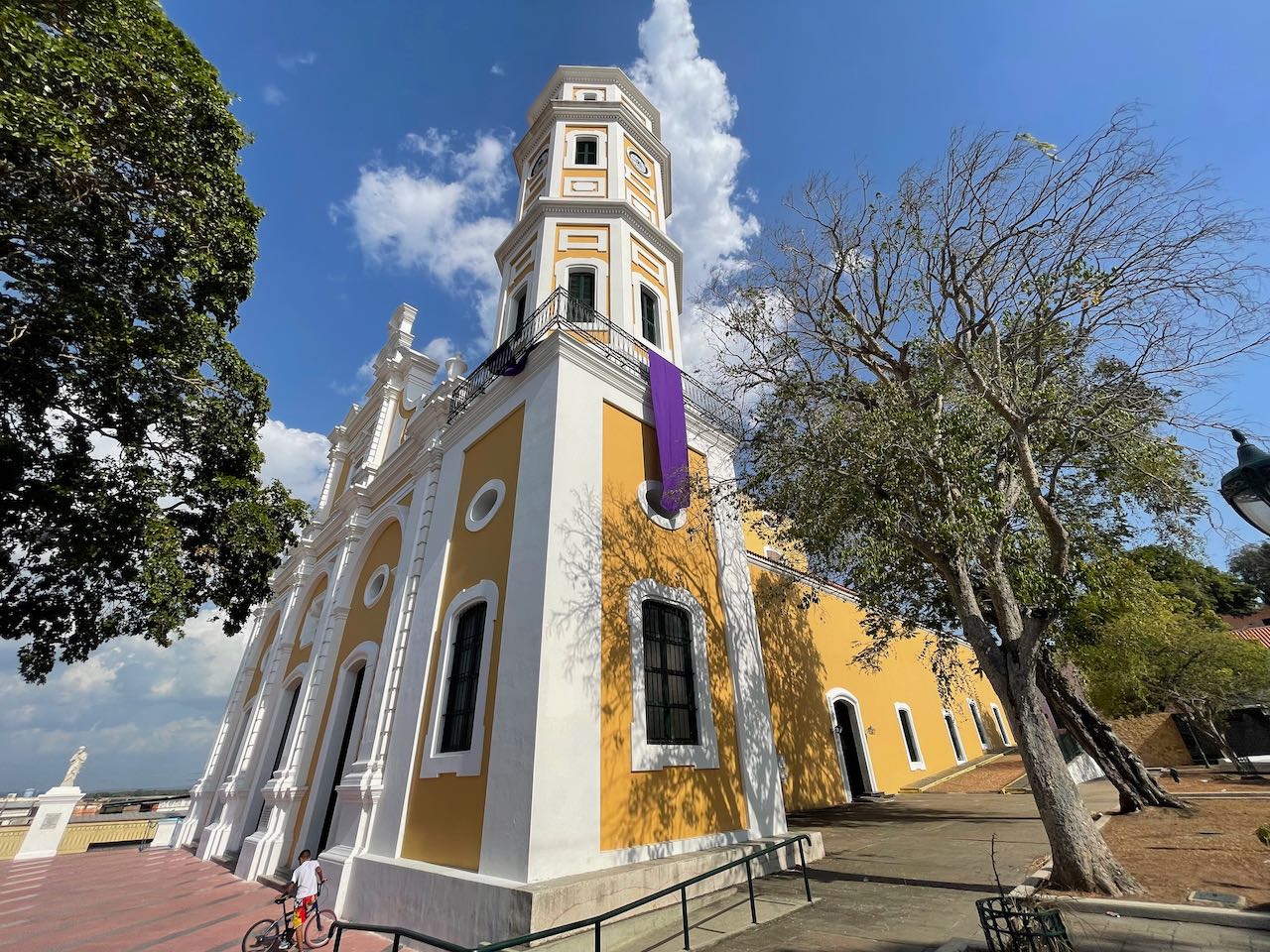
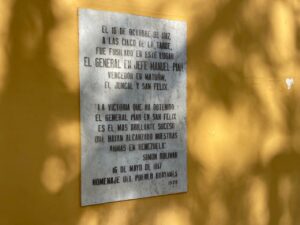
The execution of Manuel Piar in 1817 was a clear example of this dilemma. Piar, of mixed ancestry, promoted greater participation of people of color and Afro-descendants in the republic’s leadership, making him an uncomfortable figure for Bolívar and other Creole leaders. His execution marked a dividing line in the racial politics of independence: the Creole elite would retain control, while popular sectors would remain marginalized.
By acknowledging in 1828 that the “clamor of Piar and Padilla’s class” was just, Bolívar was admitting the structural inequality within the independence movement. However, this recognition came too late, when his leadership was in crisis and the republic he had envisioned was beginning to fragment.
Bolívar’s confession
Bolívar’s confession to Briceño Méndez not only reveals his personal anguish but also highlights the contradictions in his political project. While he fought for independence, the colonial social structures remained largely intact. The pardocracy he so feared was, in reality, a response to the systematic exclusion of the lower classes in the new republic.
This episode remains a reminder that independence did not bring true social revolution for all and that the tensions of that time still resonate in Latin America’s history.

Tico Vos is a professional photographer, producer, and tourism specialist. He has been documenting the History, Culture, and News of Curaçao. This site is a documentation of the history of Manuel Carlos Piar.

